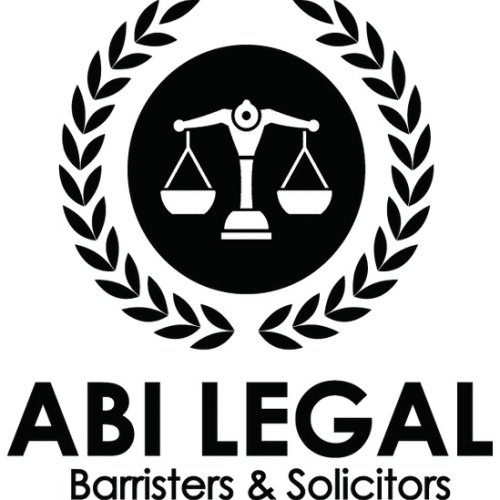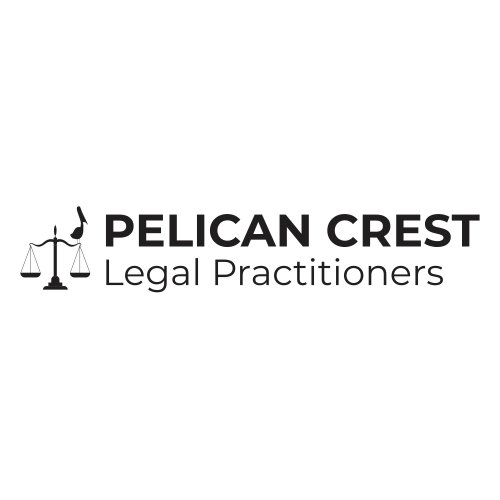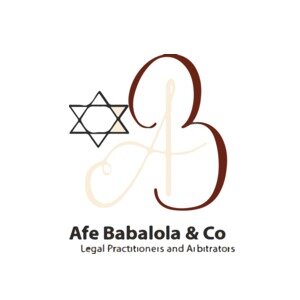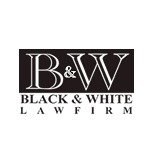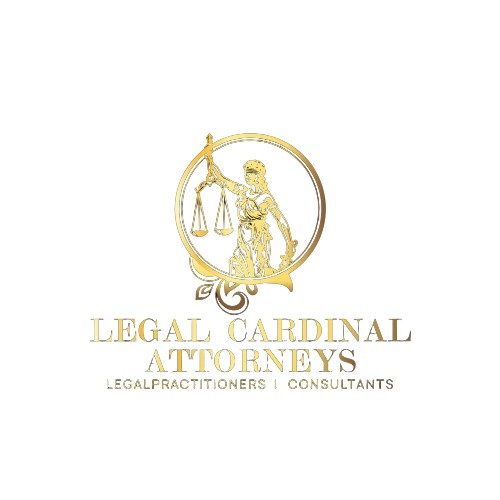Best Structured Finance Lawyers in Ibadan
Share your needs with us, get contacted by law firms.
Free. Takes 2 min.
List of the best lawyers in Ibadan, Nigeria
About Structured Finance Law in Ibadan, Nigeria
Structured finance is a specialized area within finance and law, focusing on complex financial transactions that go beyond traditional lending, such as conventional loans or mortgages. In Ibadan, Nigeria, structured finance is gaining prominence as businesses, financial institutions, and investors seek tailored financial solutions to meet their growth and investment objectives. The legal framework governing structured finance in Ibadan covers a variety of instruments including securitizations, syndicated loans, asset-backed securities, and project financing arrangements. Understanding the regulatory environment, tax implications, and risk management strategies is essential for anyone participating in structured finance in the city.
Why You May Need a Lawyer
Engaging in structured finance deals often involves high-value transactions, complex legal documentation, and multifaceted risk considerations. You might require legal assistance for several reasons, including:
- Creating or reviewing complex financial agreements
- Ensuring compliance with federal and state financial regulations
- Structuring transactions to optimize tax efficiency and mitigate risk
- Negotiating terms with banks, investors, or counterparties
- Advising on cross-border financing or foreign investment implications
- Handling dispute resolution or litigation relating to structured finance deals
- Facilitating mergers, acquisitions, or other corporate finance activities involving structured instruments
- Due diligence regarding credit quality and security arrangements
- Clarifying the legal responsibilities of each party in a complex transaction
Local Laws Overview
Structured finance in Ibadan, Nigeria is shaped by federal laws and regulations, as well as state-specific considerations. Key legislative and regulatory frameworks include:
- Companies and Allied Matters Act (CAMA): Governs the formation, management, and transactions of companies and corporate entities, important for structuring deals.
- Securities and Exchange Commission (SEC) Rules: Oversee securitization processes and regulate public offers of asset-backed securities.
- Central Bank of Nigeria (CBN) Guidelines: Prescribe standards for banking institutions involved in structured finance activities.
- Investments and Securities Act: Provides the legal foundation for securities, including those used in structured finance transactions.
- Nigerian Tax Codes: Affect withholding tax, value added tax, stamp duties, and capital gains tax on structured finance products.
- Collateral Registry Regulations: Help lenders secure interests against borrowers' assets in various structured arrangements.
Legal practitioners in Ibadan must also take state-specific real estate, contract, and dispute resolution practices into account when structuring or executing transactions.
Frequently Asked Questions
What is structured finance and how does it differ from traditional finance?
Structured finance involves designing bespoke financial instruments and transactions that address specific needs or risks of parties, typically more complex than standard loans or credit facilities.
Who are the typical participants in structured finance transactions in Ibadan?
Participants include banks, non-bank financial institutions, corporate borrowers, investors, asset management companies, and special purpose vehicles (SPVs).
What are some common structured finance products available in Ibadan?
Typical products include asset-backed securities, syndicated loans, project financing, receivables financing, and structured notes.
Is it necessary to use a special purpose vehicle (SPV) for structured transactions in Nigeria?
SPVs are commonly used to isolate the underlying assets and risks associated with a particular structured transaction, and they play a significant role in Nigerian deals for legal and operational reasons.
Are there specific regulatory approvals required for structured finance deals?
Yes, many deals require regulatory approvals from bodies such as the SEC, CBN, and, in some cases, the Federal Inland Revenue Service for tax matters.
How does Nigerian law treat the securitization of assets?
The law permits securitization, subject to compliance with SEC rules, proper documentation, and registration of collateral interests where applicable.
What are the tax implications of engaging in structured finance in Ibadan?
Tax implications include liabilities for stamp duties, withholding tax, value added tax, and potentially capital gains tax. A lawyer can help you structure transactions to be tax efficient.
Do international investors face restrictions when participating in structured finance in Nigeria?
While Nigeria encourages foreign investment, certain capital controls, repatriation requirements, and regulatory approvals may apply. Legal guidance is important for cross-border structured deals.
How are disputes in structured finance transactions typically resolved?
Disputes may be resolved by litigation in Nigerian courts or through alternative dispute resolution mechanisms such as arbitration, depending on the contract terms.
What should I consider when selecting a lawyer for structured finance in Ibadan?
Look for lawyers with expertise in finance law, regulatory compliance, experience in structured transactions, and a strong knowledge of local market practices.
Additional Resources
You can find more information or support from the following entities:
- Securities and Exchange Commission (SEC) Nigeria
- Central Bank of Nigeria (CBN)
- Nigerian Bar Association (NBA) - Ibadan Branch
- Federal Inland Revenue Service (FIRS)
- Business start-up and financial advisory firms in Ibadan
- Nigerian Investment Promotion Commission (NIPC)
- Commercial law chambers and law firms in Ibadan specializing in finance
Next Steps
If you are considering participating in a structured finance transaction or seeking to resolve a legal issue in Ibadan, the following steps can help:
- Identify your specific needs or the nature of your transaction
- Gather all relevant documents and financial details
- Consult with a legal practitioner experienced in structured finance in Ibadan
- Discuss your goals, anticipated challenges, and any regulatory requirements
- Allow your lawyer to guide you on compliance, documentation, and negotiations
- Only proceed with transactions after reviewing and understanding all legal and financial implications
- Maintain ongoing communication with your counsel throughout the process
Taking these steps can help ensure that your interests are protected and that your structured finance deal is compliant, efficient, and properly documented under Ibadan and Nigerian law.
Lawzana helps you find the best lawyers and law firms in Ibadan through a curated and pre-screened list of qualified legal professionals. Our platform offers rankings and detailed profiles of attorneys and law firms, allowing you to compare based on practice areas, including Structured Finance, experience, and client feedback.
Each profile includes a description of the firm's areas of practice, client reviews, team members and partners, year of establishment, spoken languages, office locations, contact information, social media presence, and any published articles or resources. Most firms on our platform speak English and are experienced in both local and international legal matters.
Get a quote from top-rated law firms in Ibadan, Nigeria — quickly, securely, and without unnecessary hassle.
Disclaimer:
The information provided on this page is for general informational purposes only and does not constitute legal advice. While we strive to ensure the accuracy and relevance of the content, legal information may change over time, and interpretations of the law can vary. You should always consult with a qualified legal professional for advice specific to your situation.
We disclaim all liability for actions taken or not taken based on the content of this page. If you believe any information is incorrect or outdated, please contact us, and we will review and update it where appropriate.





